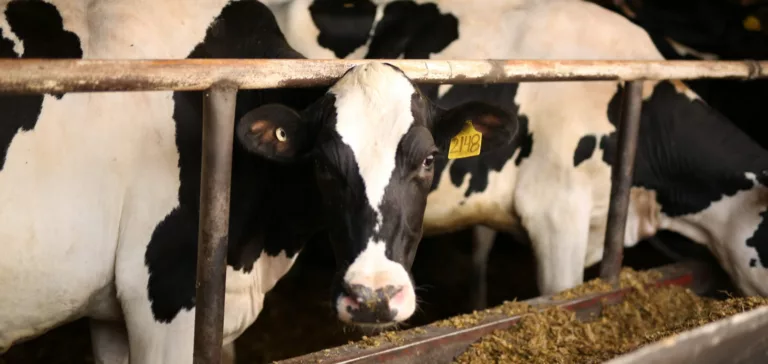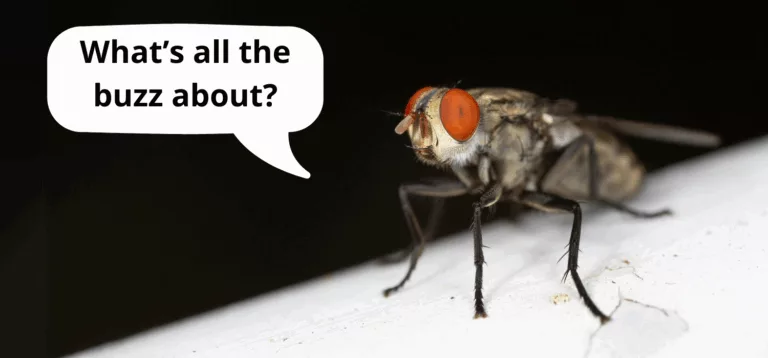
Dairy Demystified: 3 Things This Veterinarian Wants You to Know
May 21, 2025
Curious about what really happens on dairy farms? Learn from one of the best – fellow veterinarian Dr. Michelle Schack, a.k.a. DairyDoc, who debunks myths and shares the top 3 things you should know. From farm sizes and safety measures to how dairy is a powerhouse of essential nutrients, Dr. Schack breaks it down in the blog.


